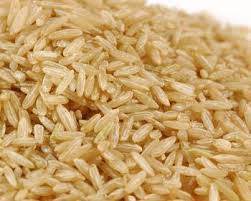Beriberi is a disorder caused due thiamine or vitamin B1 deficiency, a deficiency disease marked by inflammatory or degenerative changes of the nerves, digestive system, and heart. It was quite common in South East Asian people whose staple food is rice. Thiamine is rich in the outer layer of the rice coat, but is removed and polished to increase the shelf life. It is also common I people with severe alcoholism. Read about Beriberi
Thiamine plays an important role in body metabolism; it is an important cofactor for many enzymes lack of thiamine causes non function of those enzymes leading to severe metabolic discrepancies. These enzymes play a role in glucose conversion to other storage products and metabolism of glucose for energy etc.
Beriberi is also genetic which is very rare and is caused due to lack of the ability to assimilate thiamine
Beriberi is also seen in infants who are breast fed by mothers who are deficient in thiamine. This may cause infant to become pale fatigue, vomiting, restlessness and in some severe cases cause death.
Symptoms
Beriberi is classified in to two types based on the organ which it affects
- Dry beriberi – it affects nervous system, due to this patients find difficult in doing day to day work, vomiting and fatigue
- Wet beriberi- affects heart and circulatory system, due to this patient suffer from heart failures etc
- Both the dry and wet beriberi is seen in the same patient but sometimes one is more dominant and that eventually leads to the main cause of death if untreated.
Treatment 
- Treatment includes taking good amounts of thiamine on a regular basis.
- If the thiamine deficiency is severe thiamine is injected intramuscularly or intravenously till the condition is improved and thereafter regular doses of thiamine is provided
- Traditional treatment includes consuming brown rice, whole grains flour, fresh fruits, raw vegetables, nuts etc.

